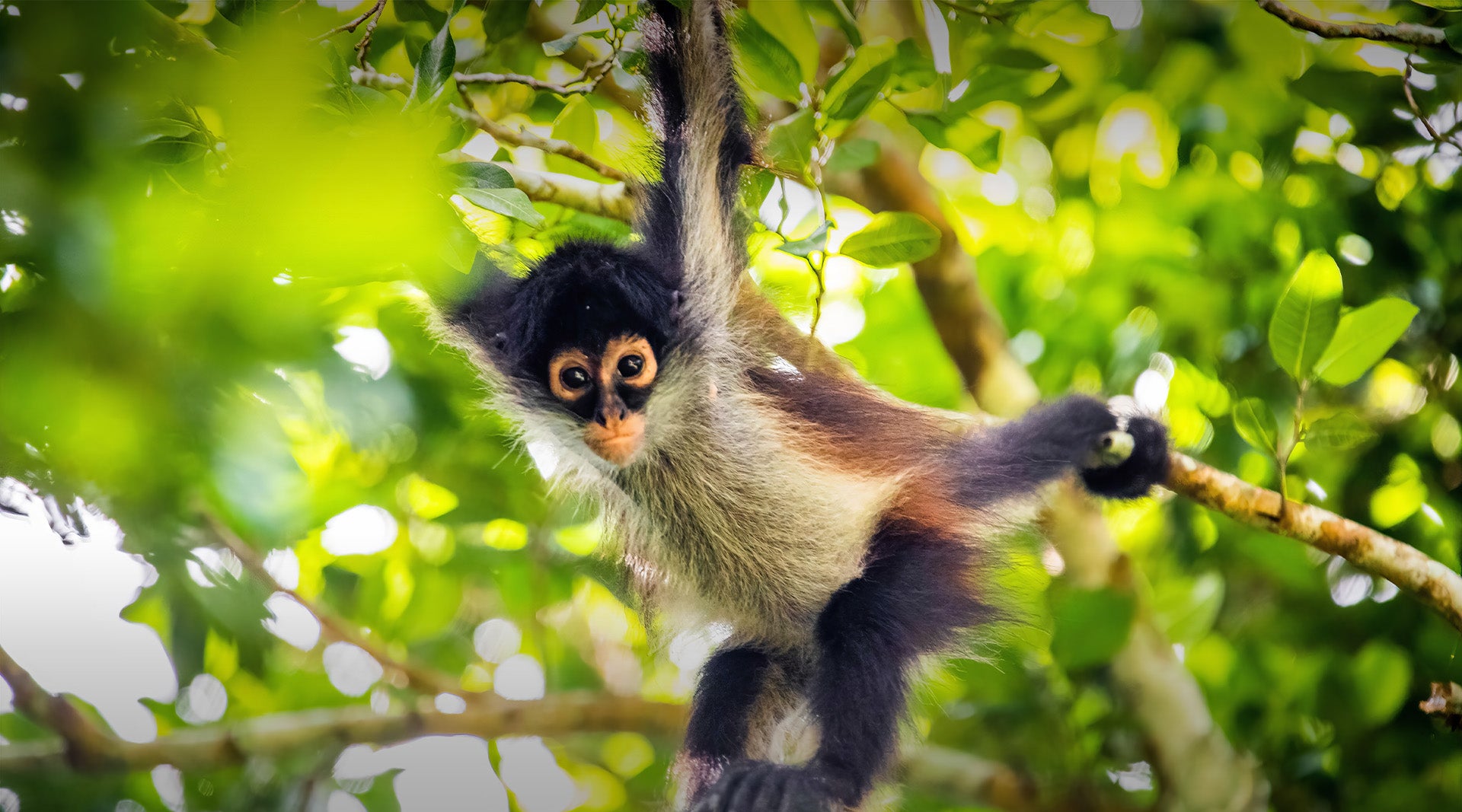
A Haven of Hope
The Challenge
Although wildlife don’t make good pets, many are illegally taken from their homes for the exotic pet trade. Some are even taken to sell as clothing or accessories. Despite legal protection, illegal wildlife trafficking continues.
Once federal and state agencies rescue trafficked plants and animals, wildlife often need emergency care, as well as a safe place to call home. Our location near major borders, ports, and airports often means that we have opportunities to help. In these challenging situations, we jump in at a moment’s notice, frequently in the middle of the night, ready to open our doors and offer world-class care.
Urgent Care
Once rescued, our teams offer immediate healthcare and work together with partners to customize care plans to help each individual not only survive, but thrive. From customized diets and habitats to physical therapy and species-specific socialization, our wildlife health and care specialists have the expertise to assist with a wide variety of needs.
We’ve cared for rescued arachnids, orchids, songbirds, macaws, reptiles, primates, kinkajou, tiger, and many more—giving each a second chance on life and opportunities to thrive. After a full recovery, some individuals continue their journeys at other accredited zoos, aquariums, or botanical gardens, while others are cared for at the San Diego Zoo and San Diego Zoo Safari Park for the rest of their lives. As committed conservationists, we're honored to help save wildlife, both around the world, and right here in Southern California.
Together for Wildlife
As an Association of Zoos & Aquariums (AZA) accredited zoo, we’re part of the Wildlife Trafficking Alliance and the Southern California Wildlife Confiscations Network. We work together to care for rescued wildlife, and to reduce the harmful practice of illegal wildlife trafficking.
Driven by consumer demand for products such as jewelry, trinkets, exotic pets, bushmeat, and medicinal ingredients, illegal wildlife trafficking has grown into a multi-billion-dollar industry. Fortunately, there is hope—when we work together as allies for wildlife to spread awareness and reduce these purchases, the rate of illegal trafficking declines.
How to help
You can save wildlife from illegal wildlife trafficking. By choosing products that are free from wildlife, and knowing the regulations for pet ownership in your state, you can help reduce the consumer demand that fuels trafficking..
